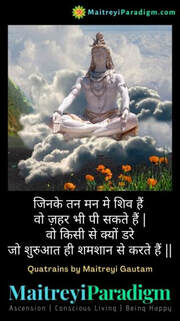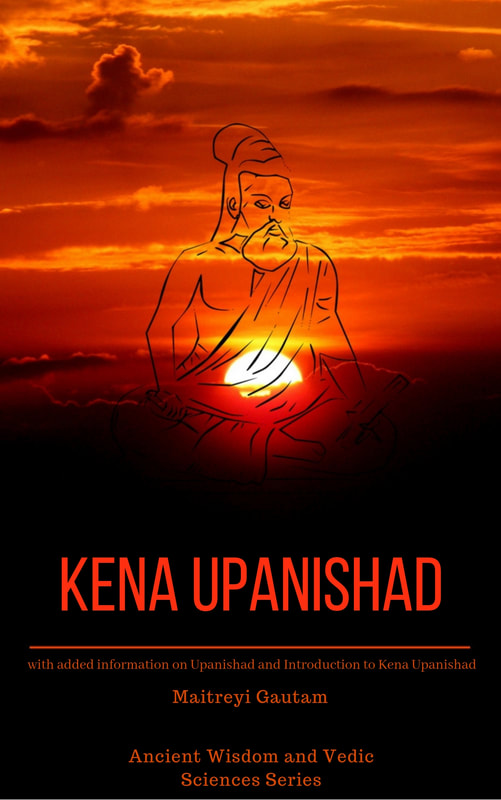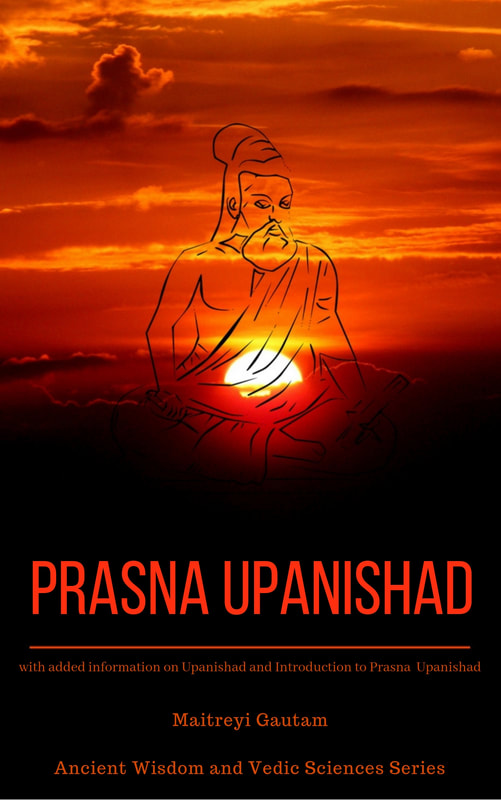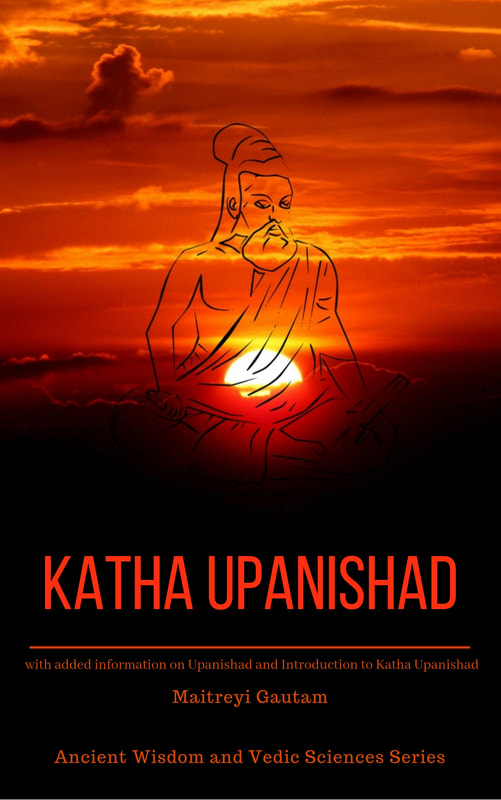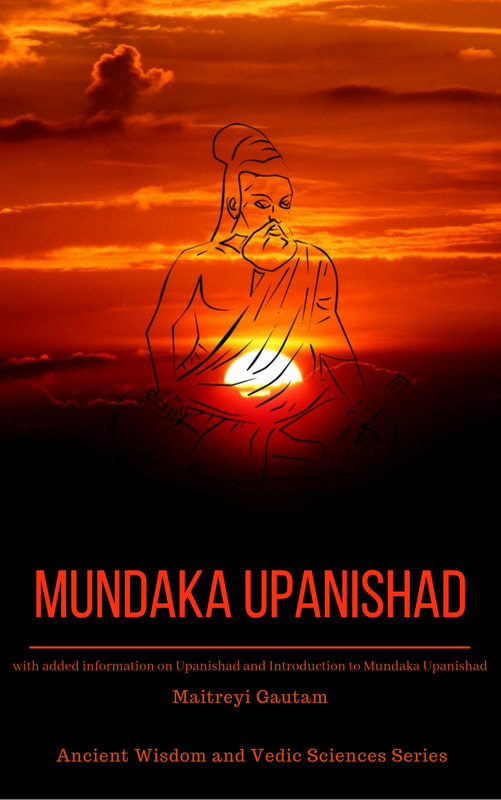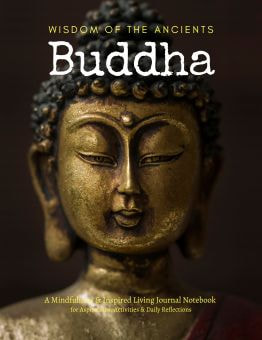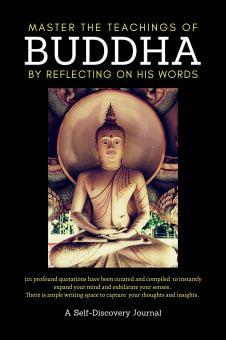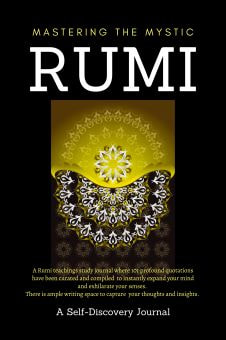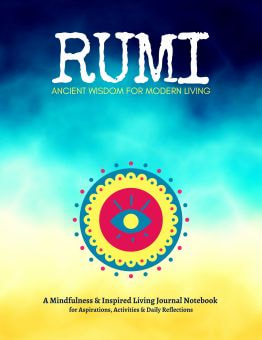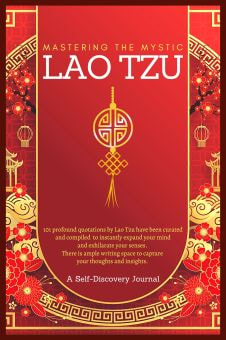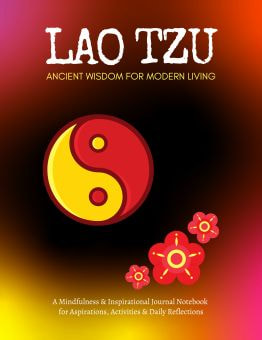In the vast pantheon of Hindu deities, Lord Vishnu occupies a central position as the preserver and protector of the universe. Along with Lord Brahma, the creator, and Lord Shiva, the destroyer, Vishnu forms the holy trinity, or the Trimurti, that represents the cyclical nature of the universe.
Origins and Significance
Vishnu is one of the oldest and most revered deities in Hinduism. He is often depicted with a dark or blue complexion, symbolizing the infinite and immeasurable cosmic expanse. His role is to ensure the preservation of creation and the cosmic order, intervening whenever evil gains an upper hand over good.
Iconography
Avatars of Vishnu
To restore cosmic order, Vishnu incarnates in various forms known as 'avatars.' Ten of these avatars, called the Dashavatara, are particularly famous-
Lord Vishnu in Culture and Philosophy
Vishnu symbolizes the principles of order, righteousness, and truth. His stories guide moral compasses, emphasizing the importance of dharma (righteous duty). Philosophically, Vishnu's role as the preserver resonates with the cyclical nature of life, the idea of sustenance amid change, and the possibility of divine intervention.
In Conclusion...
Lord Vishnu's enduring appeal lies in his benevolent nature, his commitment to preserving order, and the many tales where he descends to Earth in various avatars to restore balance. Through his stories and teachings, believers are reminded of the larger cosmic play and the transient nature of life, and the importance of righteousness, truth, and duty.
Origins and Significance
Vishnu is one of the oldest and most revered deities in Hinduism. He is often depicted with a dark or blue complexion, symbolizing the infinite and immeasurable cosmic expanse. His role is to ensure the preservation of creation and the cosmic order, intervening whenever evil gains an upper hand over good.
Iconography
- Four Arms: Vishnu is usually depicted with four arms, each holding a distinct object. These objects symbolize various aspects of his divine nature.
- Shankha (Conch shell): Represents the primordial sound from which creation emerged.
- Chakra (Discus): Symbolizes the mind and its swiftness. It's named Sudarshana Chakra and is also a weapon used against negativity.
- Gada (Mace): Represents strength and power.
- Padma (Lotus): Symbolizes purity, beauty, and eternal life.
- Garuda: Vishnu's mount is the mighty eagle, Garuda, which represents knowledge and wisdom.
- Serpent: He is often shown reclining on the serpent Ananta or Shesha, which symbolizes consciousness and the infinite nature of reality.
Avatars of Vishnu
To restore cosmic order, Vishnu incarnates in various forms known as 'avatars.' Ten of these avatars, called the Dashavatara, are particularly famous-
- Matsya (Fish): Saved the scriptures from a demon.
- Kurma (Tortoise): Supported the churning rod during the churning of the cosmic ocean.
- Varaha (Boar): Rescued the Earth from the demon Hiranyaksha.
- Narasimha (Man-Lion): Destroyed the demon Hiranyakashipu.
- Vamana (Dwarf): Subdued the demon king Bali.
- Parashurama (Warrior with an axe): Vanquished corrupt and oppressive kshatriyas (warriors).
- Rama (Prince of Ayodhya): Hero of the epic Ramayana; defeated the demon king Ravana.
- Krishna (Divine statesman): Key figure in the Mahabharata and the speaker of the Bhagavad Gita.
- Buddha (Enlightened One): Founded Buddhism, teaching non-violence and compassion.
- Kalki (Future Warrior): It is believed that he will appear in the future to destroy evil and restore righteousness.
Lord Vishnu in Culture and Philosophy
Vishnu symbolizes the principles of order, righteousness, and truth. His stories guide moral compasses, emphasizing the importance of dharma (righteous duty). Philosophically, Vishnu's role as the preserver resonates with the cyclical nature of life, the idea of sustenance amid change, and the possibility of divine intervention.
In Conclusion...
Lord Vishnu's enduring appeal lies in his benevolent nature, his commitment to preserving order, and the many tales where he descends to Earth in various avatars to restore balance. Through his stories and teachings, believers are reminded of the larger cosmic play and the transient nature of life, and the importance of righteousness, truth, and duty.



